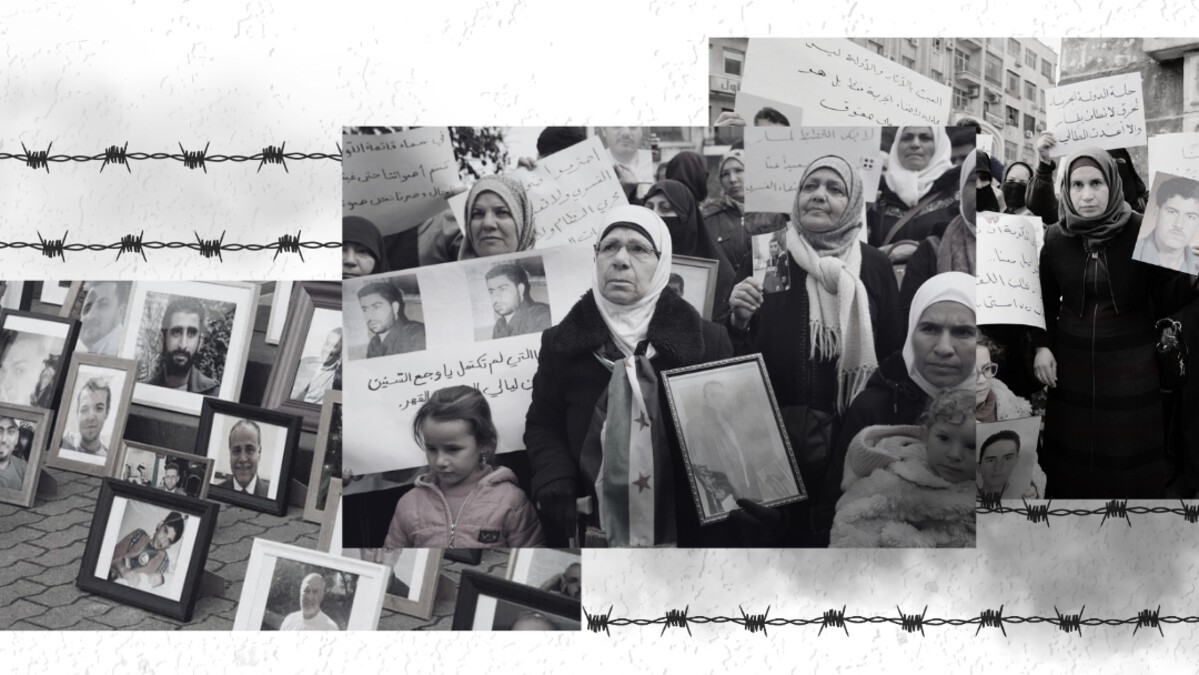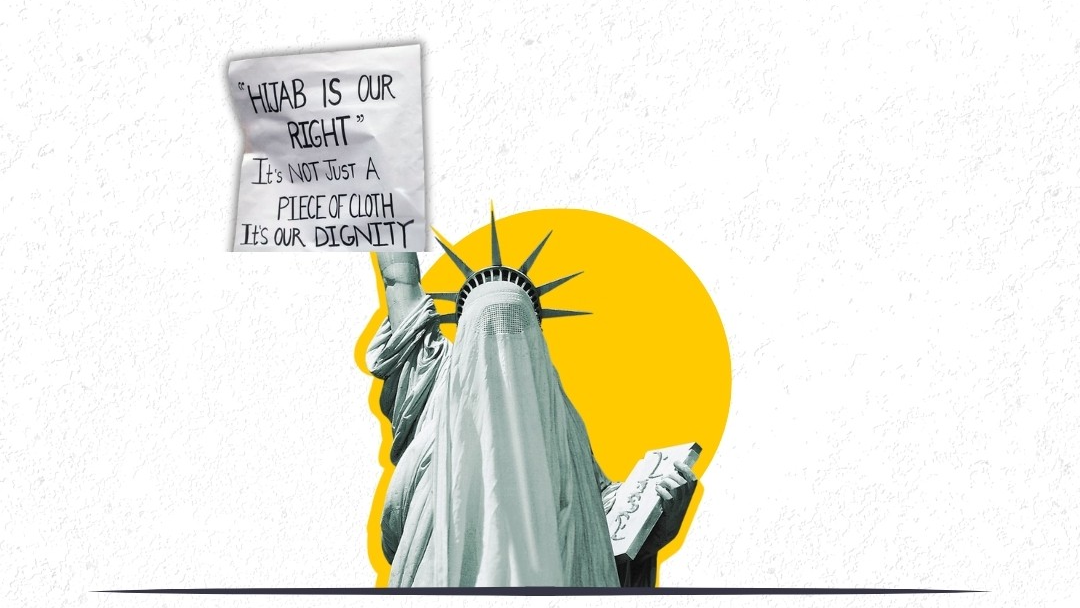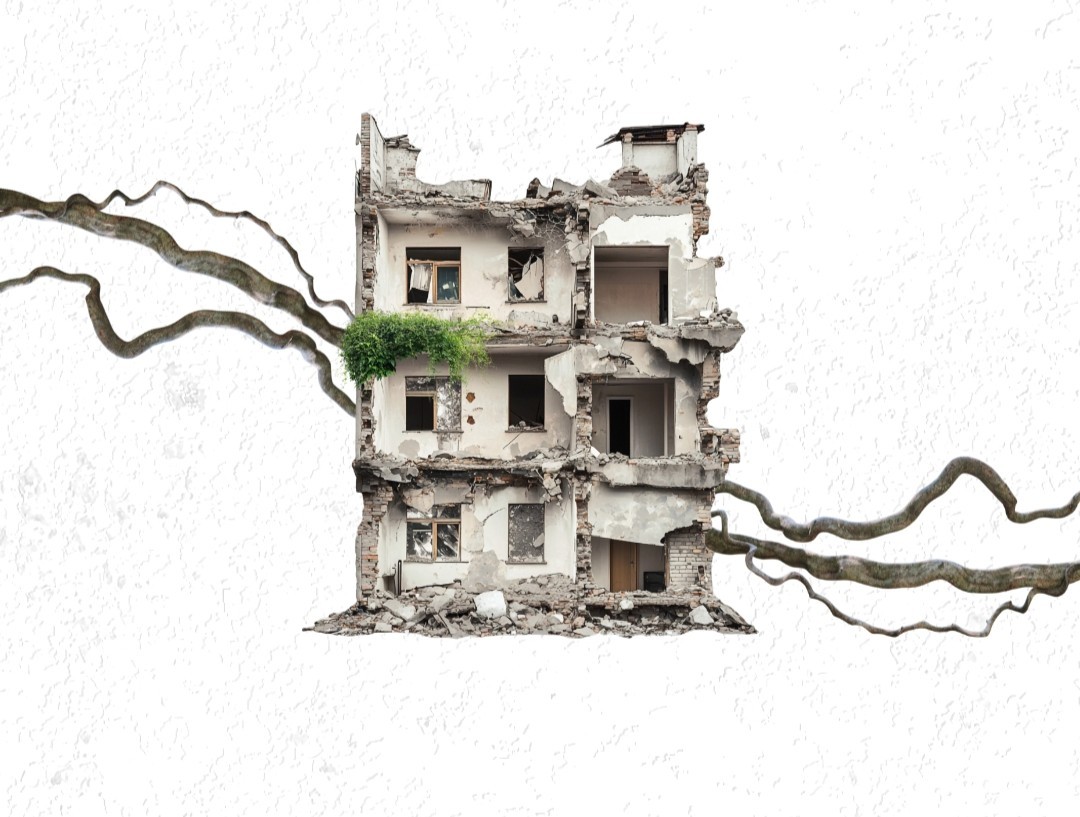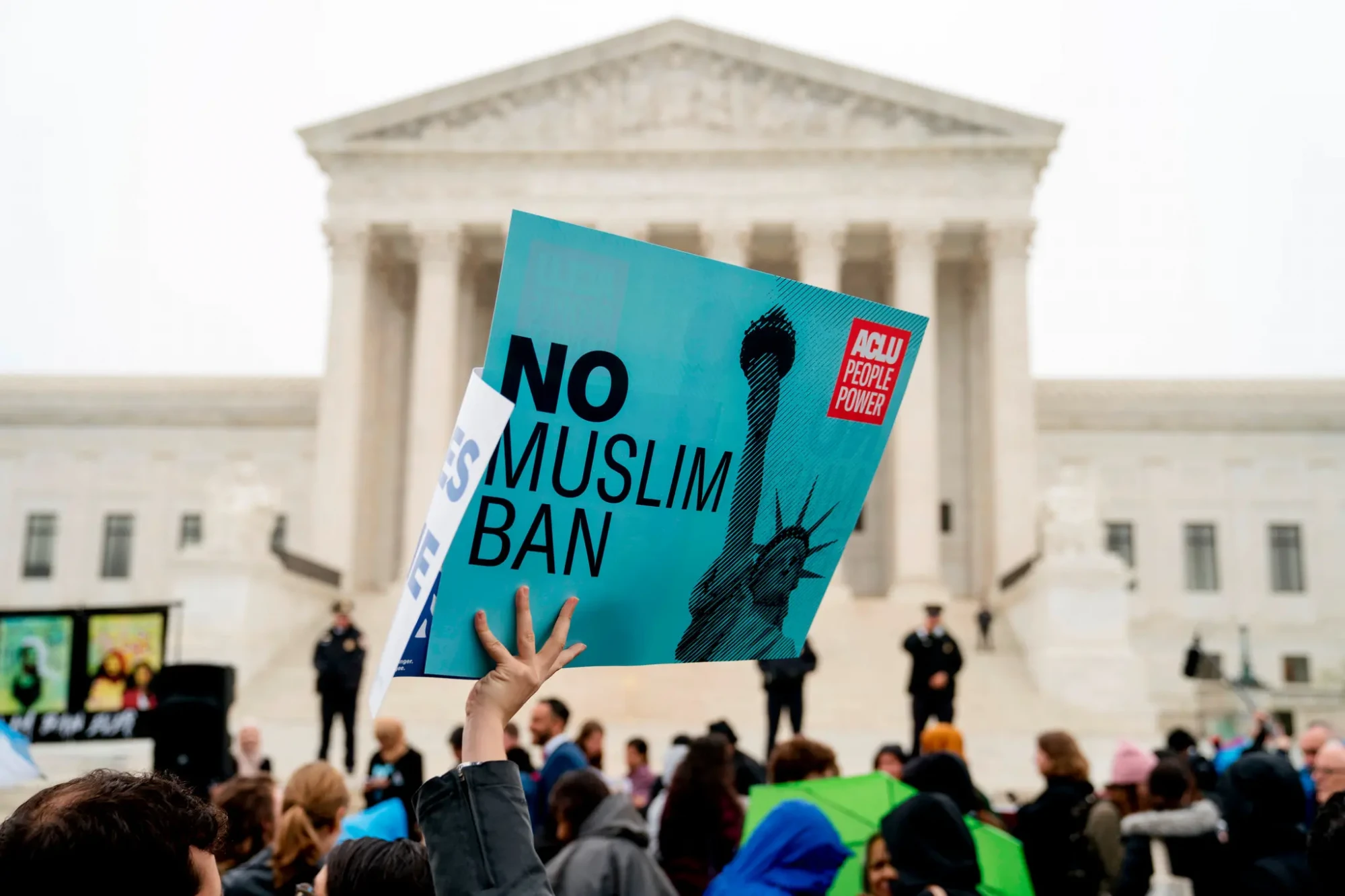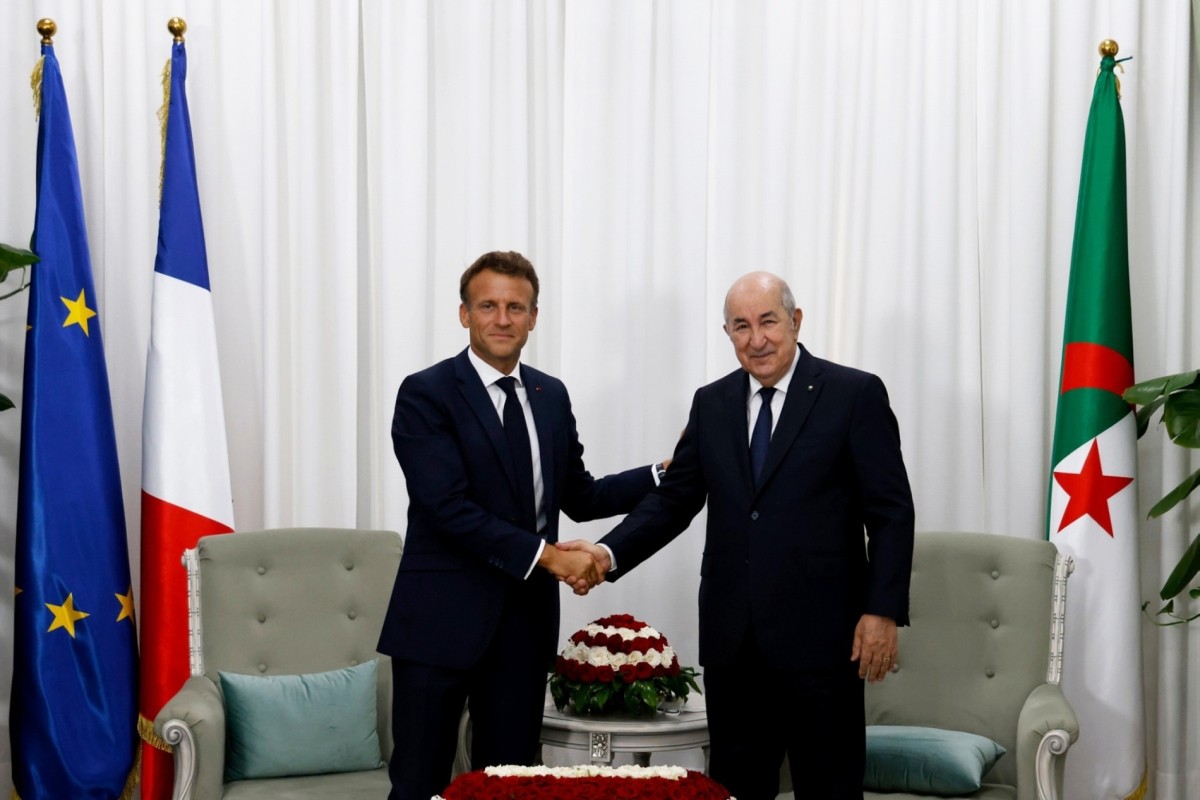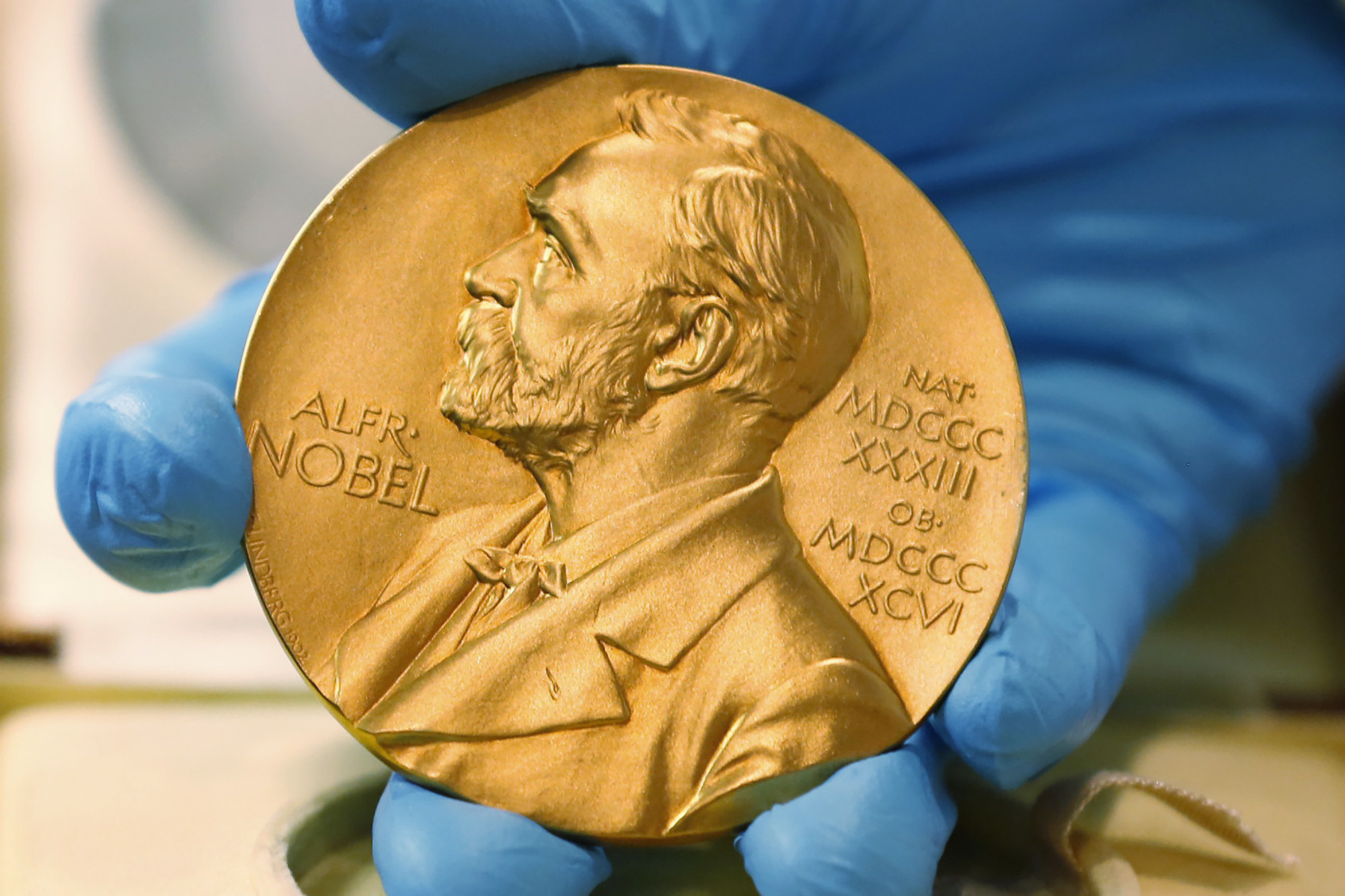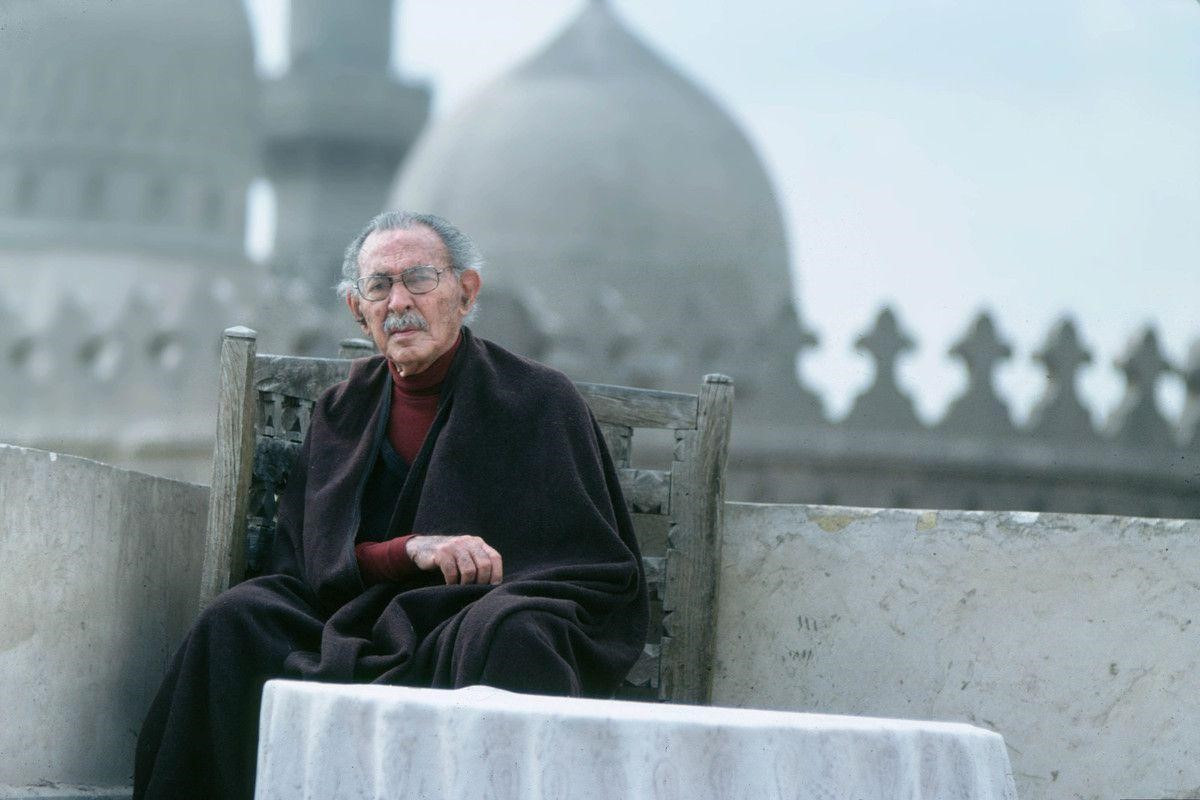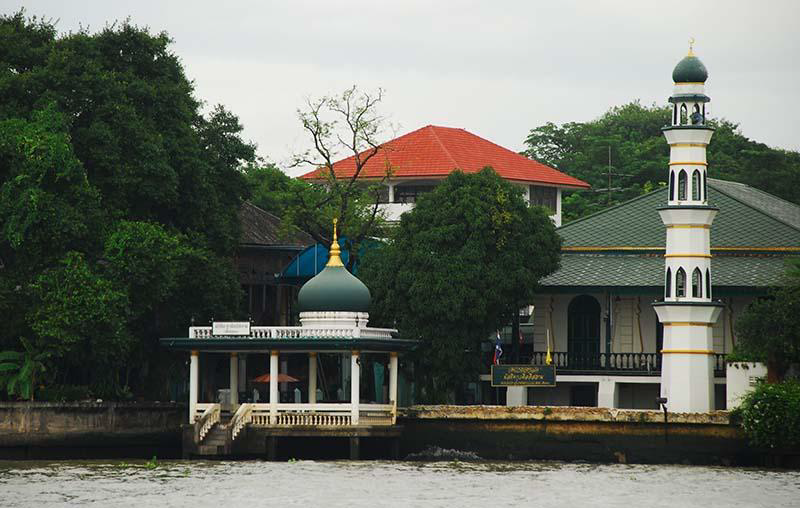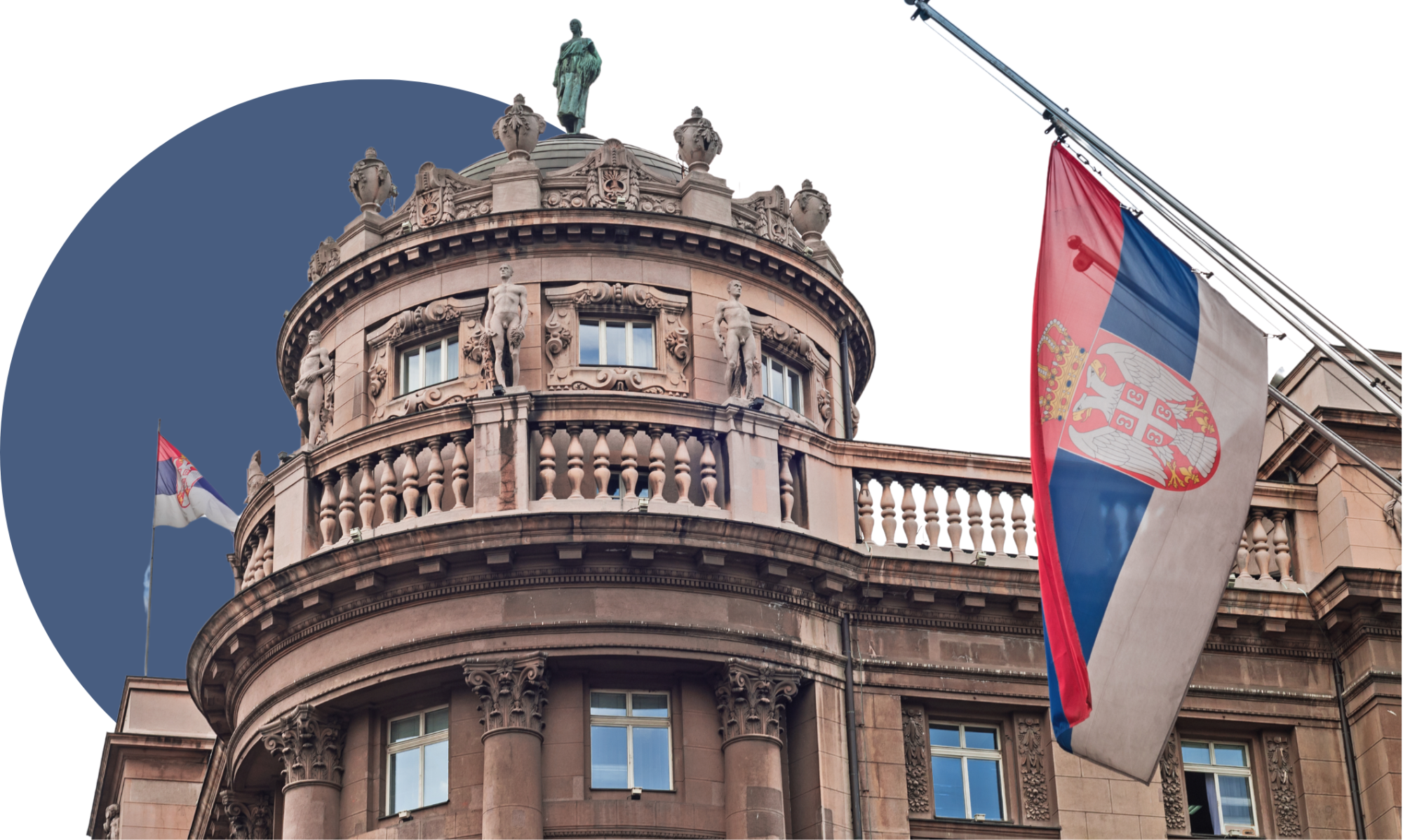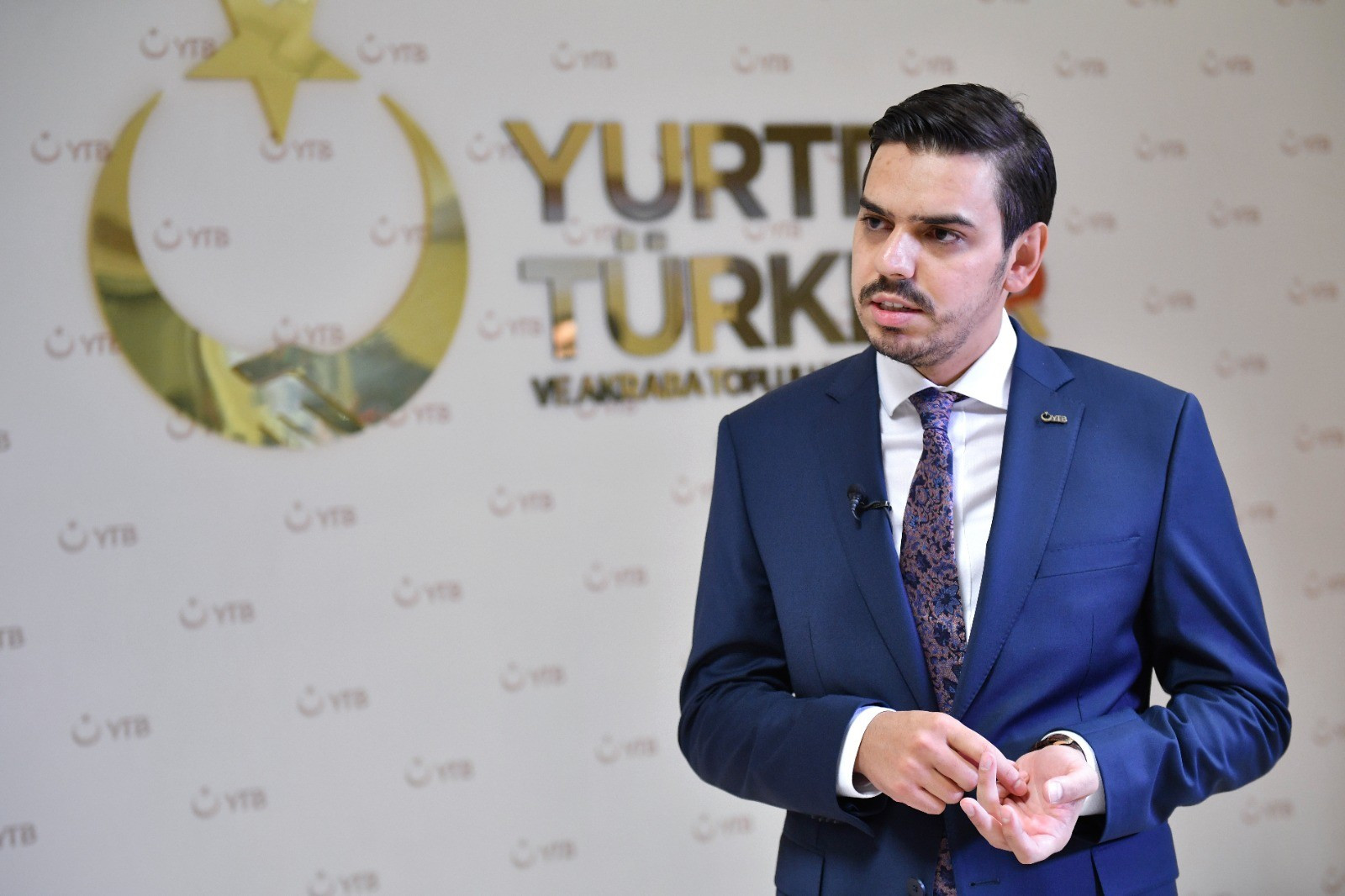
Interview with Abdullah Eren, President of the Presidency for Turks Abroad and Related Communities (YTB)
In the Bulletin Intellectual Streams in the Muslim World, which we have published since the beginning of 2021, we try to keep our fingers on the pulse of the intellectual agendas of Muslim societies by following nearly 250 non-governmental, think-tank, and research organizations from 43 countries. We would like to talk to you about YTB's activities concerning Related Communities and Muslim geographies. With what mission does YTB takes steps, what does it aim for, and what gap does it fill?
We are able to say that YTB is one of the visionary institutions that is the achievement of the paradigm change and scale increase that the Republic of Turkey has implemented in foreign policy, especially in the last 20 years. YTB is interested in cognate and related communities spread over a broad geography, sharing a common historical-cultural heritage with our country, particularly the Turkish diaspora, which has reached approximately 7 million today. While most of its members promote the protection of the rights and cultural identity of the Turkish diaspora living in the European continent, it strives to transform our relations with kin and related communities into modern collaborations by using international education and common cultural elements. In addition, we attach significance to the cooperation between the relevant countries and Turkey in our scope of activity.
In your speeches, you frequently mention the concept of "related communities" and "the geography of the heart." What does the idea of "geography of the heart" tell us? Does the geography of the heart have borders? What does it enclose? Where is Turkey situated in the geography of the heart?
Generally, we ascribe the adjective "brother," which has a special meaning in our language, to cognate and related communities. We define the vast geography where these fraternal communities live with the word "heart," which also has a spiritual meaning in our language. In as much as all of these geographies and communities, there are ordinary concrete and intangible assets that we find warmer than ourselves: historical works, manuscripts, personalities, ideas, and worldviews. Our related communities in many countries, from the Balkans to the Middle East, North Africa to the Caucasus and Central Asia, are not tied to our country by citizenship, like the Turkish diaspora. Nonetheless, the bonds between these communities and us, with an intense cultural exchange in history, bring us together in a common civilization circle and are essential to our unity building. It should not be forgotten that we have lived under the same roof with many of the mentioned communities in the past and that our country is one of the pioneers of civilization that contains these communities. However, we can say that YTB's more than 11 years of work have further extended the boundaries of the "geography of the heart" and included geographies such as Latin America, where many international students prefer Turkey for education.
YTB organizes a broad spectrum of activities in many different regions from the Balkans to the Caucasus and Asia to the Americas. Do the actions of YTB vary according to the unique dynamics of the areas? What kinds of activities stand out in which regions and why? Can you give a general perspective on Muslim societies with an example?
In addition to being the diaspora institution of Turkey owing to its work for its citizens abroad, YTB is also an institutional basis for the contact between our country and the communities with which we share common values like history, culture, religion, and language. In this respect, considering the lands where our citizens migrated to all over the world, especially Europe, and the long history and vast geography where traces of our culture are found, it can be imagined how broad the field of activity of YTB is. When our international students from more than 160 countries and our graduates from Turkey are added to this expansive area, it becomes clear that we as YTB exist in every region of the world. For this reason, while drawing the boundaries of the geography in which we operate, we say, "we are there where you are," and work with this motto.
As a natural consequence of working in such sizeable geographical and different areas, our activities in each region vary according to the needs of the communities with which we feel responsible or with whom we want to strengthen cooperation. When it comes to our citizens abroad, activities are intensified to grant the protection of their rights in the countries they live in, the preservation of their cultural identities, and their ties with their homeland. As for related communities, we implement activities with a natural cooperation approach generated by being in the same civilization basin, from social and cultural cooperation to educational support, from preserving our shared cultural heritage to increasing the interaction between intellectuals. Our unchanging goal in all of them is to reinforce the bonds between human structures based on mutual benefit.
These activities also vary according to region. As a case in point, the actions that come to the forefront in the relations we establish with our Turkish-speaking brothers (Kosovo, Bulgaria, Macedonia, Thrace, Iraqi Turks, etc.) who have remained within the borders of other countries as a result of different migration movements are mainly mother tongue education. Likewise, there may be cultural activities like excursions and summer schools, which rise to prominence in the activities for the Middle East and North African youth, comprising the advancement of our shared cultural values or the cultural treasures of our country to reach the potential of collaboration between our societies.
On the other hand, commemoration days are organized to memorize critical historical events like exile and migration and to assure resources for academic research by creating literature about them. For that purpose, documentary studies are made, and printed works are bolstered to be in harmony with our compatriots and to keep in mind the painful experiences in history and hamper them from incident again. Memorial day programs such as Ahıska Exile, Crimean Tatar Exile, Forced Migration from Bulgaria, Dr. Sadık Ahmet, documentaries, and book studies can be mentioned as examples. Likewise, our activities in the communities and regions with which we have deep historical bonds, as in our book projects like the History of Azerbaijan and Contemporary Thought in the Muslim World, are also based on our existing common history, and human and intellectual capital there. In addition, even with relatively distant areas such as Latin America, relations are established within the scope of our world brand “Turkey Scholarships” for international students. In these countries, this educational assistance is provided, and experience-sharing activities are carried out among professionals through programs such as “KATİP.”
Even though the types of activities we implement jointly with the geographies and communities we get in touch with diversify, the common heritage we share with our Muslim fraternal societies makes it easier to establish modern cooperation with them accordingly to today's conditions. The similarities between us provide a solid foundation on which we can build something. The demand for the projects and activities initiated by Turkey, especially by the young population of these different geographies, shows that we are not alone in our desire to come together more often.
The 8-volume work titled Contemporary Thought in the Muslim World, published by the Presidency for Turks Abroad and Related Communities Publications, edited by Prof. Dr. Lütfi Sunar, has been a critical source for the research we conducted within the scope of the Bulletin Intellectual Streams in the Muslim World. This work allows us to look at contemporary Islamic thought holistically. We reckon that our relationship with this work is very dynamic and complementary, as we aim to keep the intellectual agenda of Muslim societies up-to-date with the bulletin. With what thoughts did YTB come up with the idea of such a study, and what were its aims? Does YTB have any plans to produce similar academic publications in the future?
As YTB, we care about launching publications related to the geographies we are interested in and where we operate and making these publications available to the academic world. Contemporary Thought in the Muslim World, which you mentioned, Belene, Ahıska, Dr. Sadik Ahmet, etc., are some of the publications we have played a primary role in the production so far. Considering that most of our activities occur in Muslim countries and communities, it becomes more important to get to know these societies' world of thought and reasoning. In addition, learning the ideas of these societies and their intellectuals, which are closer to us in terms of culture than other societies, can bring an intellectual experience to our country. It is evident that such information is necessary to look at i.e. the current events and joint problems in the world from a common point of view. Contemporary Thought in the Muslim World idea has emerged on this ground. In addition, this work indicates that windows that will have our world breathe and broaden its perspective can be opened in the Western and Eastern hemispheres.
As YTB, it is always on our agenda to maintain similar publishing activities. Such publications increase the interest in the communities and geographies we are interested in. In addition, we highly believe that the resources created with the first-hand information serve as a guide for public institutions and organizations that carry out similar activities with YTB.
YTB organizes various activities ranging from cultural activities to education, diplomacy to media. Among these activities, the first thing that caught our attention was the work you organized against human rights violations and discrimination. A website titled “Anti-Hate Crimes and Anti-Discrimination Portal” has also been established. We think that it is a valuable task for monitoring and reporting human rights violations against Turks living abroad, revealing crimes, and supporting victims. What were the reasons that prompted you to take such an initiative to combat human rights violations and discrimination?
The Turkish diaspora is mainly in the European continent, like Germany, France, England, Netherlands, and Belgium. Therefore, the activities of YTB for our citizens abroad are also concentrated in these countries. Unfortunately, in recent years far-right, anti-immigrant, and anti-Islamic movements have been on the rise in these countries. This worrying situation directly affects the entire Turkish diaspora, including our citizens living in the European continent for many years, and even other Muslim communities, often diasporas of related communities. Not a day goes by that an attack occurs against a citizen or our citizens' institutional structures such as associations or places of worship. However, an essential part of these attacks, which are carried out by verbal or physical methods, cannot be found even in official authorities' records. We, as YTB, have implemented the portal you mentioned to reflect the gravity of the incident better, to have a systematic reporting that will form the basis of our struggle, and to enable our citizens who were attacked to make their voices heard. In connection with this, we stand by our citizens with many activities ranging from legal support to training that will raise awareness of discrimination and racism, from annual attack reports to country-by-country human rights reports. We maintain the actions that will show them the way of the rights-seeking mechanisms without interruption. We attach great importance to the fact that our citizens abroad feel the support from their homeland with them at all times.
Finally, do you think that our intellectual, cultural, and social interaction with the Muslim world has increased thanks to the International Student Mobility activities run by YTB?
Turkey has made a name for one of its projects in recent years, the Türkiye Scholarships. The Türkiye Scholarships program, popular with young people from all over the world, helps around 5 thousand international students, most of whom are from related societies, to study at Turkish universities in good conditions. With this scholarship program, held under the responsibility of YTB, students not only reinforce the evolution of their countries as well-educated human resources but also become influential in enhancing relations between our country and their own countries. Our guest students, who graduated from Turkish universities and took on roles in many fields from politics to bureaucracy, economy to entrepreneurship, art to sports, are increasing worldwide. Moreover, as the Presidency, we are delighted to see the results we have achieved in this regard, even in the farthest countries. Indeed, an international student means a beneficial interaction between nations, not only in education but also in ideas, culture, and other fields. In this respect, Türkiye Scholarships, which has become the education brand of our country, not only constitutes one of the most critical tools of YTB for the Muslim world that I have mentioned before but also constitutes the human capital needed for other tools.
As in the world's eminent universities, international students who come to our country to study bring substantial advantages, such as the internationalization of our higher education system. While boosting our universities to develop technical opportunities that will help them open up to the world, they also assist our academicians with their knowledge. They contribute to our literature by producing research and articles within universities and research centres, and they are instrumental in collecting a considerable accumulation in our country. The International Student Academy programs we set up for these students also introduce our country's historical, cultural, and intellectual assets to our international students more closely. It is another critical factor providing our scholarly, artistic, and social interaction with the Muslim world.
Abdullah Eren
Abdullah Eren, 1984 - İstanbul doğumludur. Boğaziçi Üniversitesi Sosyoloji bölümünden lisans; Londra-Westminster Üniversitesi Diplomasi Çalışmaları alanında da yüksek lisans derecesi almıştır. Özel sektörde çeşitli üst düzey görevler üstlenen Abdull...
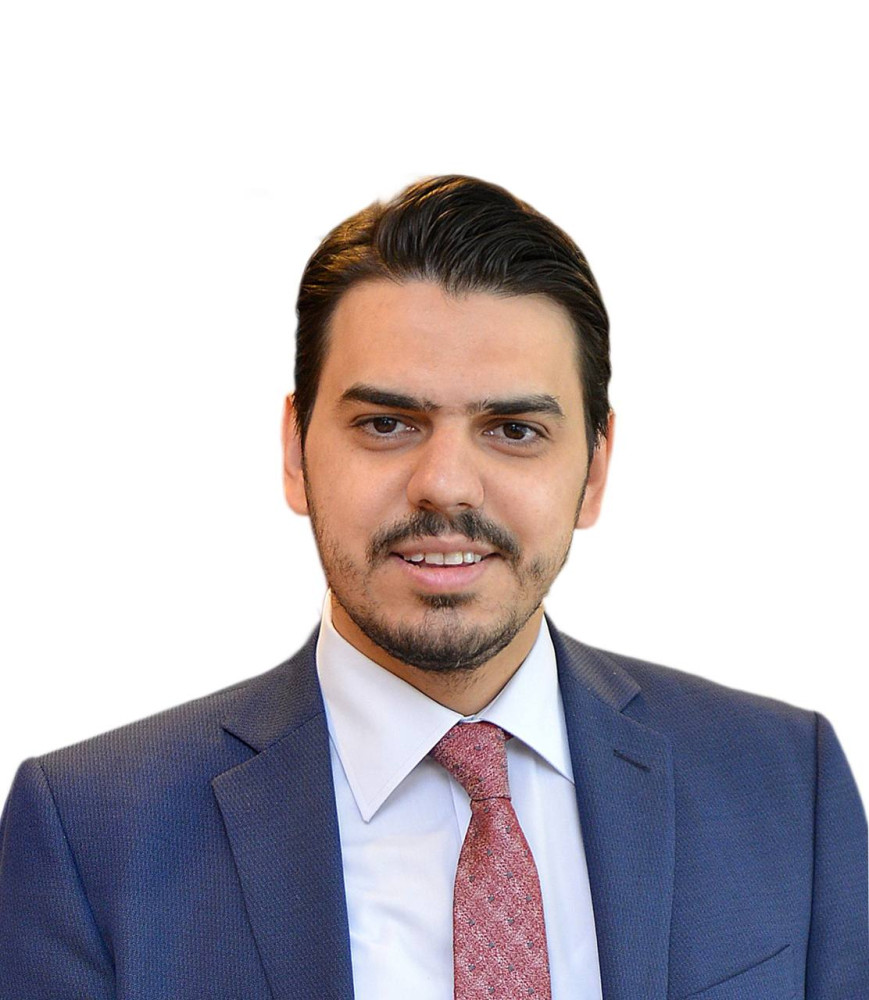 Abdullah Eren
Abdullah Eren